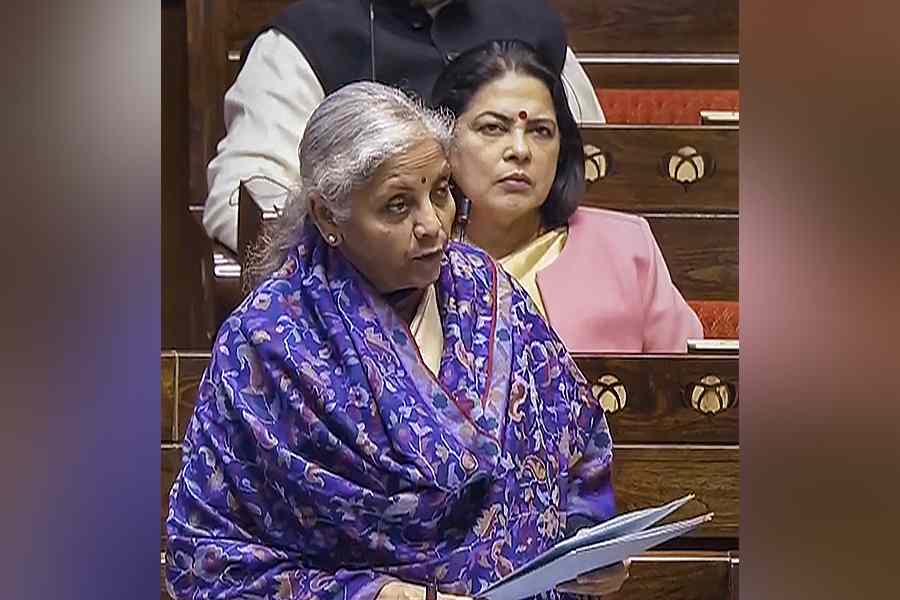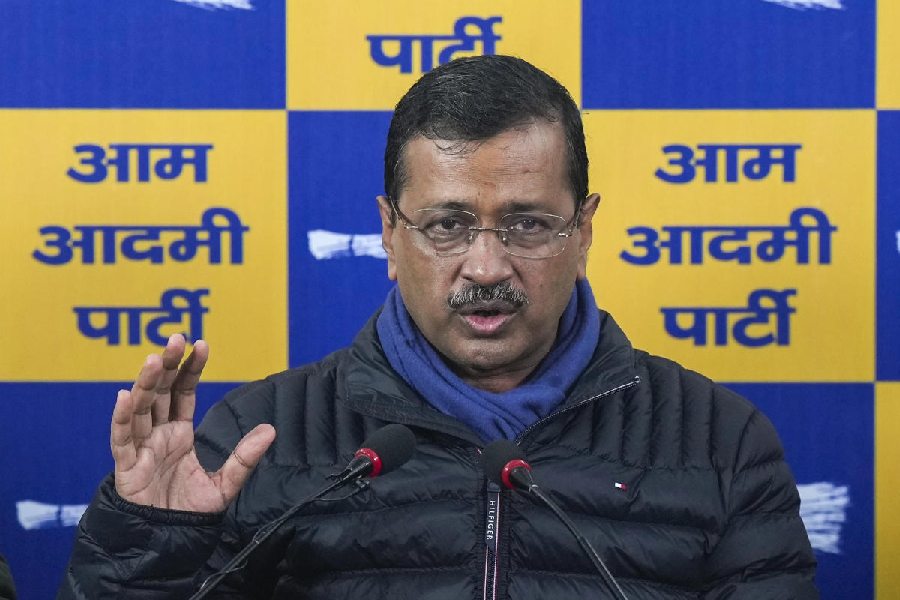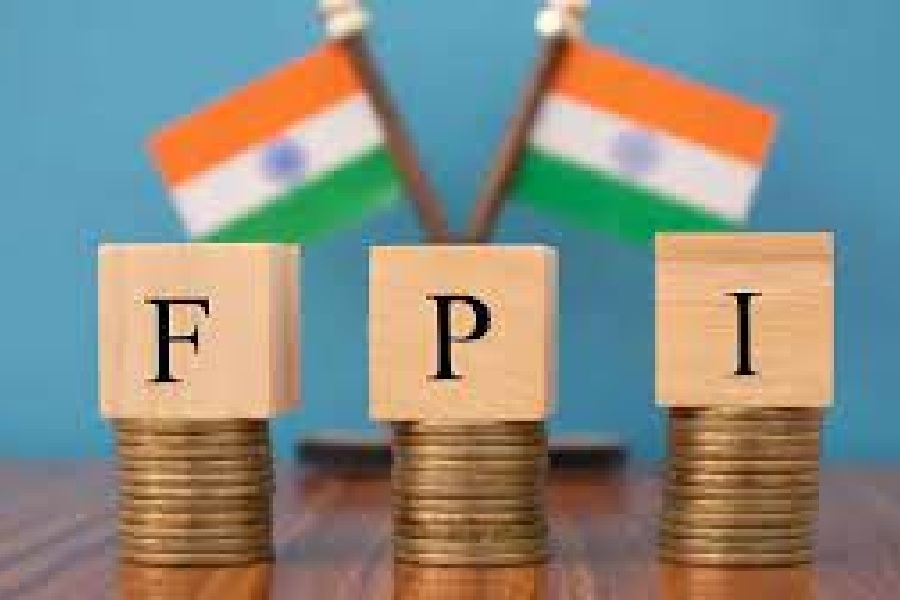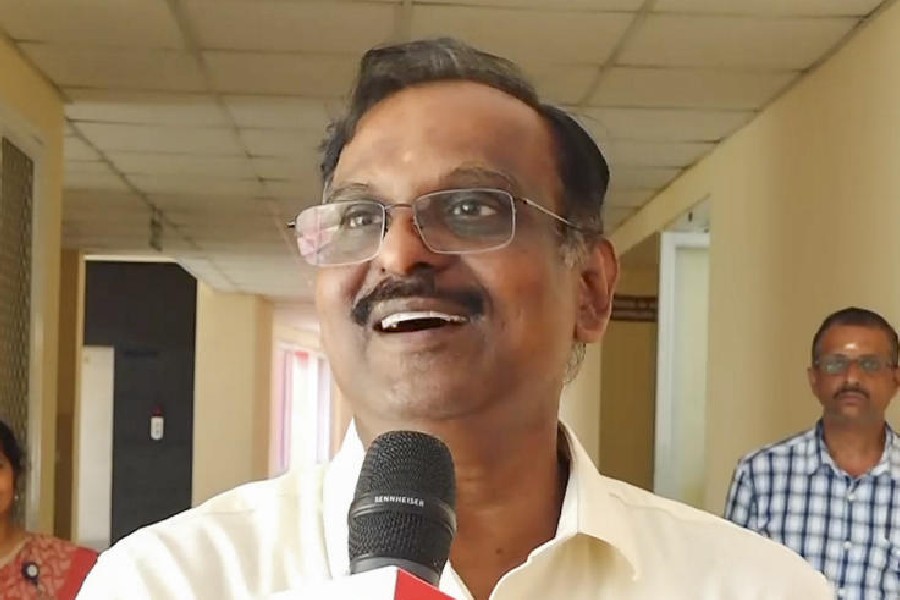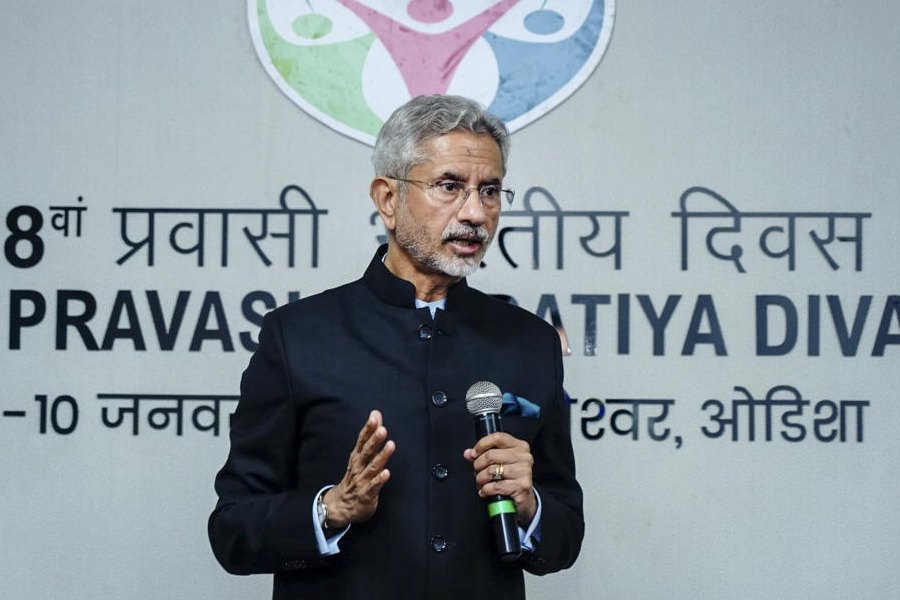Prime Minister Narendra Modi-led government in the last Parliament session before the general elections on Thursday brought a white paper tearing into Congress-led UPA rule, saying that it had turned the Indian economy into a non-performing one through indiscriminate revenue expenditure, off budget borrowings and pile of bad debts at banks.
The 54-page document tabled in Parliament detailed how the Modi-government pull the economy from being counted among the most fragile-five in the world to being the fasted growing and the most attractive investment destination.
Indian economy was on a "road to nowhere" in 2014 because of the multiple wrong turns taken during the 10 years of UPA rule, leaving the onus on the Modi government to deal with the challenges and restore dynamism and optimism in the economy, said the White Paper tabled by Finance Minister Nirmala Sitharaman.
The White Paper, highlighting the economic mismanagement by the UPA government and achievements of the 10 years of NDA rule, comes during the last session of the 17th Lok Sabha ahead of the general elections due in April-May.
The paper said, after assuming power in 2014, Modi-led government took "tough decisions" to overcome the "hydra-headed challenges" of runaway fiscal deficit, decision stasis, banking crisis, corruption and scams.
The reforms undertaken by the Modi government resulted in the transition of India from the league of 'Fragile Five' to the league of 'Top Five' global economies in just about a decade and the economy has been transformed into a far more resilient avatar amidst a challenging global environment, said the 'White Paper on Indian Economy'.
It regretted that the UPA government, in its quest to maintain high economic growth by any means after the global financial crisis of 2008, severely undermined the macroeconomic foundations. The banking crisis was one of the most important and infamous legacies of the UPA government.
"When our government assumed office, the economy was on a road to nowhere, exhibiting tell-tale signs of deep distress emanating from multiple 'wrong turns' in economic policy," said the White Paper which is likely to be debated in the Lok Sabha on Friday.
Sitharaman is expected to reply after a four-hour debate.
The finance minister, while presenting the 2024-25 interim budget last week, had said that the economy has been put firmly on a high sustainable growth path with all-round development in the past 10 years of the Modi government.
"It is now appropriate to look at where we were then till 2014 and where we are now, only for the purpose of drawing lessons from the mismanagement of those years," Sitharaman had said.
Listing out 15 scams, including coal block allocation, 2G spectrum auction, CWG and Saradha Chit Fund, during the UPA regime, the Paper said these corruption cases had "shaken confidence of the people" in the economy.
"Ultimately, what the UPA government bequeathed in 2014 was an unenviable legacy of a structurally weaker economy and a pervasive atmosphere of despondency," the Paper said.
The critical issue of defence preparedness was hampered by policy paralysis, it said, adding, "weak leadership and a consistent lack of intent and action resulted in defence underpreparednes".
It said the steps taken by the UPA government to deal with the decline in foreign exchange reserves in 2013 was a 'costly solution' and 'reeked of a re-run of 1991 balance of payment crisis '.
Under the UPA government in 2013, forex reserves were just enough to finance a little over 6 months of imports, down from 17 months in end-March 2004.
To deal with depleting forex reserves, the government came out with Foreign Currency Non-Resident (FCNR(B)) deposit window for NRIs to attract USD deposits at a high premium in August-September 2013.
The redemption of this high-cost dollar debt was due in 2016, which the NDA government fulfilled without disruption.
The UPA government failed miserably to facilitate economic activities. Instead the UPA government created hurdles that held back economy, the paper said, adding that in 2014 the NDA government inherited a "deeply damaged" economy.
Armed with political and policy stability, the Modi government recognised the need to make tough decisions for the greater economic good, the Paper said.
"Our government, unlike its predecessor, invested in the foundations of the economy along with building a sturdy superstructure.
"Looking back at the last ten years, we can say with humility and satisfaction that we have successfully overcome the challenges left behind by the previous government," it added.
In the past ten years, the government has revitalised the stagnant financial sector and overhauled the credit ecosystem within the economy, bringing about significant improvements.
The reform measures undertaken by the Modi government have significantly elevated the medium-term investment prospects of the economy.
"In sum, the progress achieved in the ten years of our government has overcome the malaise and paralysis of the previous ten years of the UPA government. In 2024, confidence and purpose have replaced the diffidence and drift of 2014," the White Paper said.


